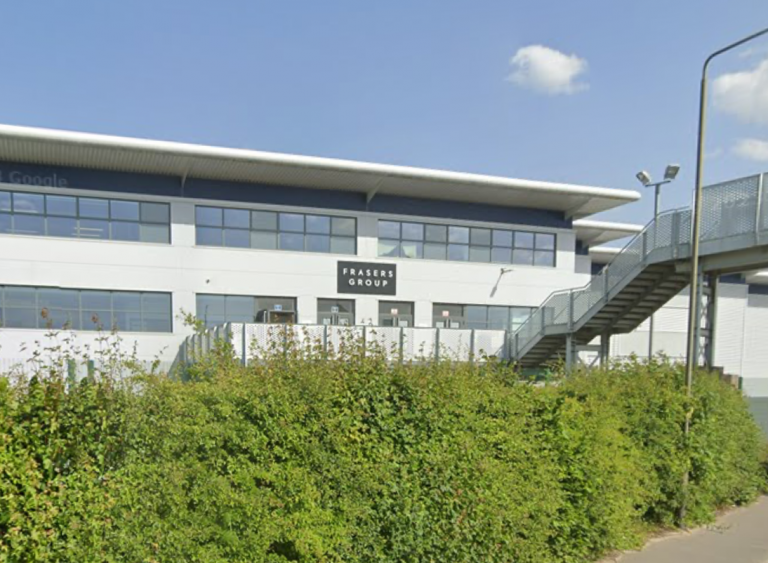Derbyshire County Council has lodged a formal application to redevelop its County Hall site in Matlock into a major mixed-use scheme incorporating residential units, commercial space, and a hotel, as well as a new net-zero carbon headquarters.
The proposed plans include converting existing buildings into apartments and a hotel, building 50 new homes, and adding retail and office space designed to attract local business activity. The development would also involve demolishing several outbuildings, removing two disused footbridges, and restoring heritage assets such as the Winter Gardens.
Council planners say the aim is to consolidate operations into a modern, sustainable facility while opening up the wider site for investment-led regeneration. Derbyshire Dales District Council has requested planning and listed building consent.
While the proposal supports commercial growth and housing supply targets, it has drawn resistance from some local residents concerned about the scheme’s scale. Objections have focused on traffic congestion, inadequate parking, flood risk, and pressure on local services. However, none of these concerns have yet stalled the application process.
The redevelopment marks a broader trend of local authorities repurposing legacy properties to generate long-term value, reduce environmental impact, and stimulate local economies. The project’s success could set a precedent for similar public sector transformations across the UK.











